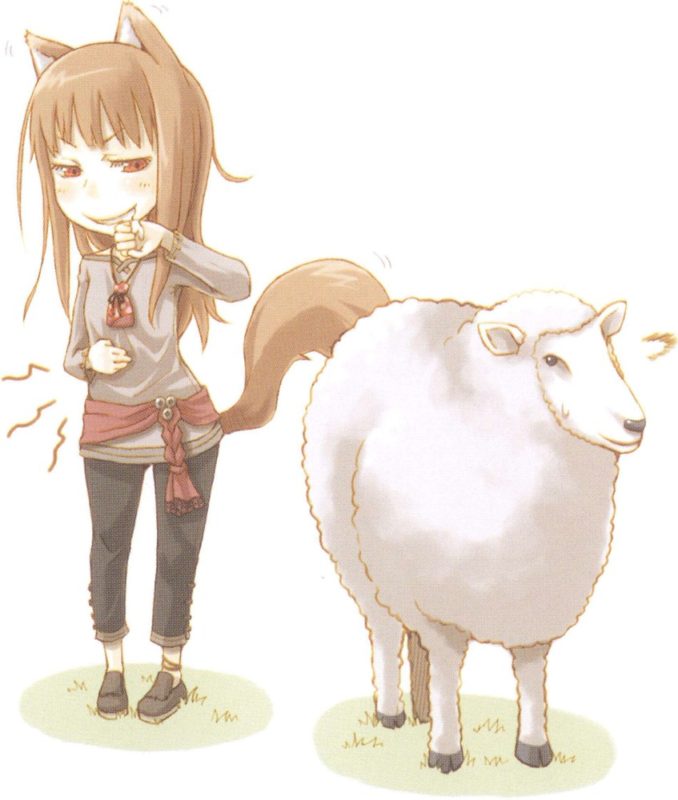
Some stories continue to resonate years after you first watch them. I revisit few anime. Fewer still do I watch again and again. Every so many years, I feel an urge to revisit certain video games: Final Fantasy VI, Legend of Zelda: A Link to the Past, Chrono Trigger, and various classic Mario games. The anime on this list pull a similar urge from me. No matter how many times I watch them, they don’t get stale. I tend notice one detail I hadn’t seen before with each watch. My changing experiences in life has given me a different interpretation of the story. Stories, whether through books, video games, or—yes—anime, are partially determined by the reader. The writer may have had a certain idea, but the consumer has a role to play in that idea. Once a writer releases a work to the public, the writer gives up control. This is why we can revisit the same story over our lifetimes and see different ideas. The writer may not have intended those ideas, but we inject those ideas nonetheless. Likewise, another person may see an opposite idea in the same story. Stories are collaborative sport.
Nostalgia plays a role in the stories I revisit. I encountered most of the stories during my young, formative years or during period of struggle. Spice and Wolf gave me comfort during an ugly breakup, for example. Stories imprint when we encounter them during emotional periods. They provide guidance and sanctuary. And so these stories become comforting. While we may not want to remember the circumstances we first encountered these stories, we want to remember their comfort. This nostalgia adds to the appeal. The Internet likes to look down on nostalgia, and it can distort your perception. But nostalgia isn’t bad or wrong. There’s nothing wrong in taking comfort in a story.
In any case, this short list are anime that I keep returning to. I consider these anime classics.
Samurai Champloo
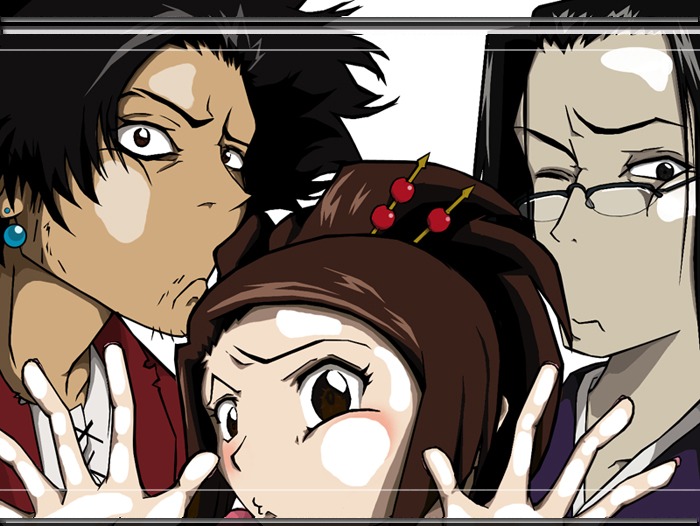
I’ve revisited Samurai Champloo at least as much as the next on my list, Eureka Seven. The journeys of Fuu, Jin, and Mugen continue to entertain, and under those misadventures, I see philosophical underpinnings that become more important as I age. Namely, everything is temporary. All relationships end. Death is always near. Now, this sounds dire and depressing; however, seeing this reality makes every moment more important. You realize it is passing and won’t return again. While I can rewatch Samurai Champloo whenever I want, each watch will be different because the moment is different. I am different in that moment. The Buddhist idea of impermanence pervades Samurai Champloo, and since I’ve encountered it, I find myself more motivated. Time is too short not to do what I enjoy, such as write. Revisiting this anime time to time reinforces this motivation.
Eureka Seven: Psalms of Planets
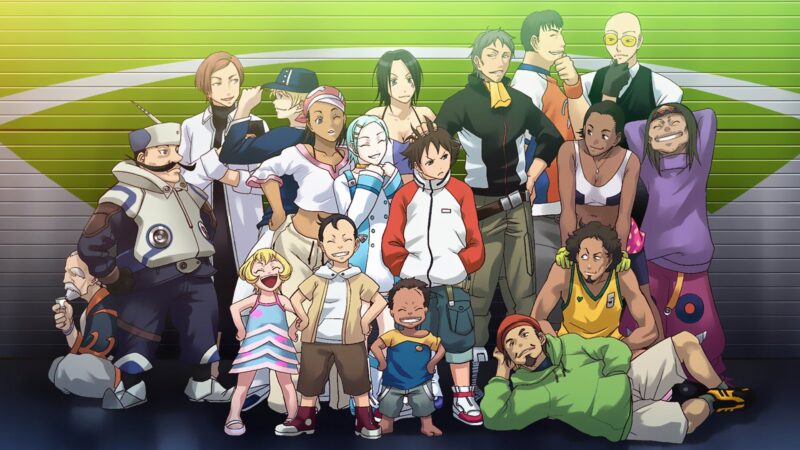
The relationships among the characters keeps me coming back, along with its layered coming of age story. Eureka Seven’s main relationship between Eureka and Renton also appeals to me. Yeah, I have a small romantic side. Over the years, I’ve learned little details like how the story was based on a science fiction novel. While it tries to be lofty in its metaphysical ideas, Eureka Seven doesn’t have the same implied philosophical depth as Samurai Champloo.
Ghost in the Shell: the Series
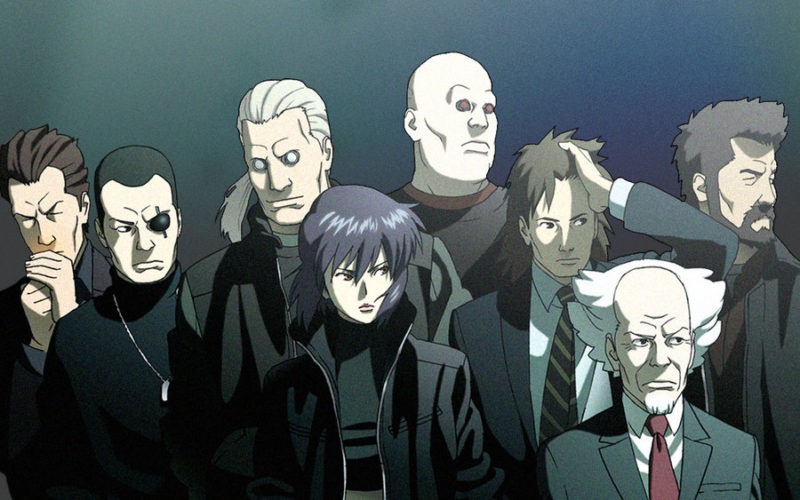
When it comes to philosophy and metaphysics, Ghost in the Shell takes the crown. The series is nothing but layers of questions about our relationship with technology and consciousness. It has a great police drama layer for those who don’t want to consider what it means to be a ghost in a mutable shell. The series doesn’t require you to watch the films, making it accessible for anyone. Not to mention this is a mature, adult anime. The characters act as adults who had seen terrible things in the line of duty and who have done terrible things themselves. Add in some political thriller elements and you have a winning story that remains relevant and engaging.
Inuyasha
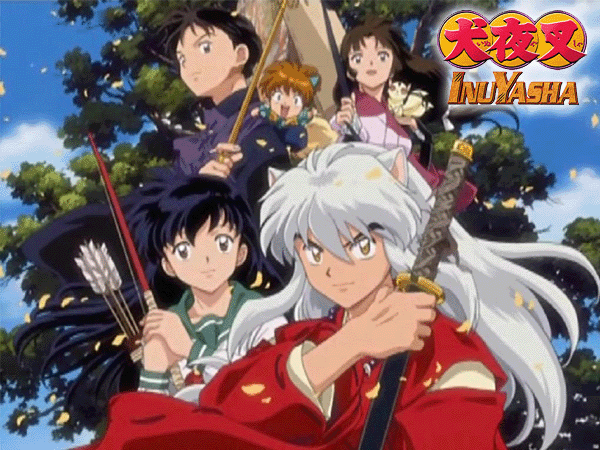
I enjoy Japanese folklore. After all, I have complied and modernized over 170 Japanese folktales in my book Tales from Old Japan. Inuyasha tours through that highlights of the Japanese folk story world. The episodic nature of it also helps keep the watch fresh; you can take a break and return to it whenever you want without losing too much of the story. Inuyasha is light fare too compared to the more philosophical Ghost in the Shell and Samurai Champloo. The final season of Inuyasha was a little rushed compared to the pace of the rest of the series, but it wrapped the story up well.
Spice and Wolf
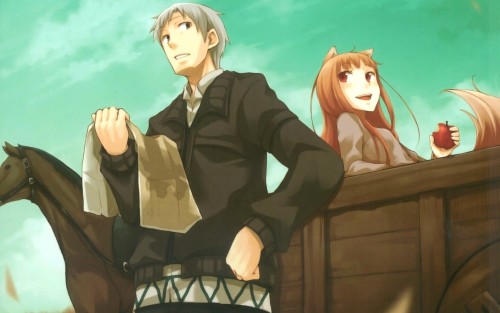
The remake of this series will overshadow the original series, which remains unfinished. The remake starts over from Holo plopping into Lawrence’s wagon–the beginning. The dialogue in the original series remains well done. Holo and Lawrence banter is always a joy to watch (and read in the light novels). The English dub remains well done. What’s more, you don’t see anime where conflict centers around economics, such as an asset bubble. Spice and Wolf does plod a little when it takes time to explain economic factors, but Holo’s quips keep it from becoming too dry. Holo and Lawrence have a mature relationship. The story also plays into what it means to be immortal and to love a mortal. While part of me would feel sad if the remake pushes the original animation aside (and it seems it will do so), I’m pleased to see Holo and Lawrence return to the wagon. I hope the remake will tell their full story, and that full-story will sit on my revisit list.
My revisit list is small despite the large numbers of anime I’ve watched. It is too soon for me to judge if some of my recent favorites will become regular revisits, favorites like Rascal Does Not Dream of Bunny Girl Senpai (the title doesn’t do the psychology of the show justice), Kagaya-sama: Love is War, and Oshi no Ko. What anime do you often revisit? What anime do you consider classics?
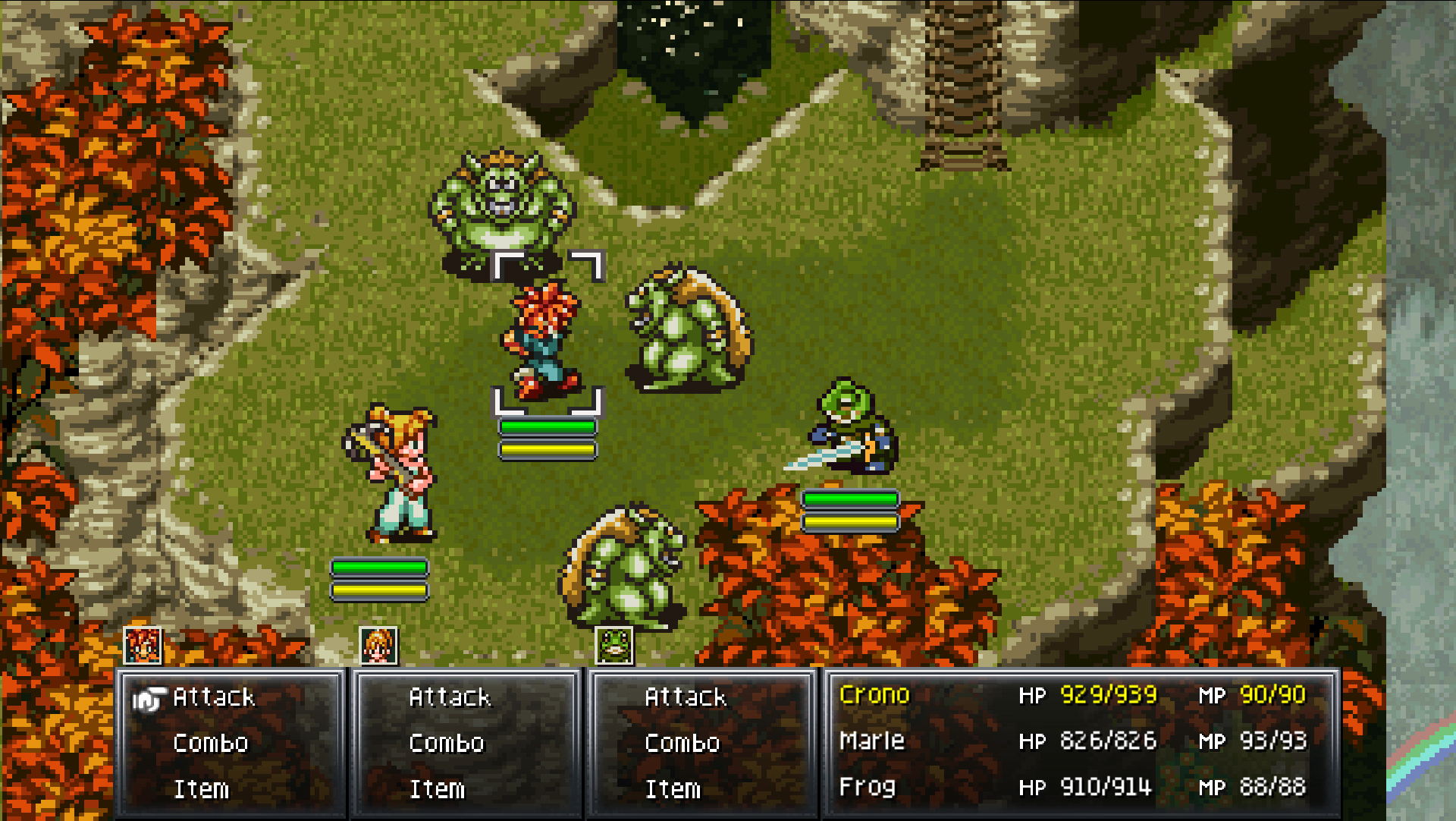
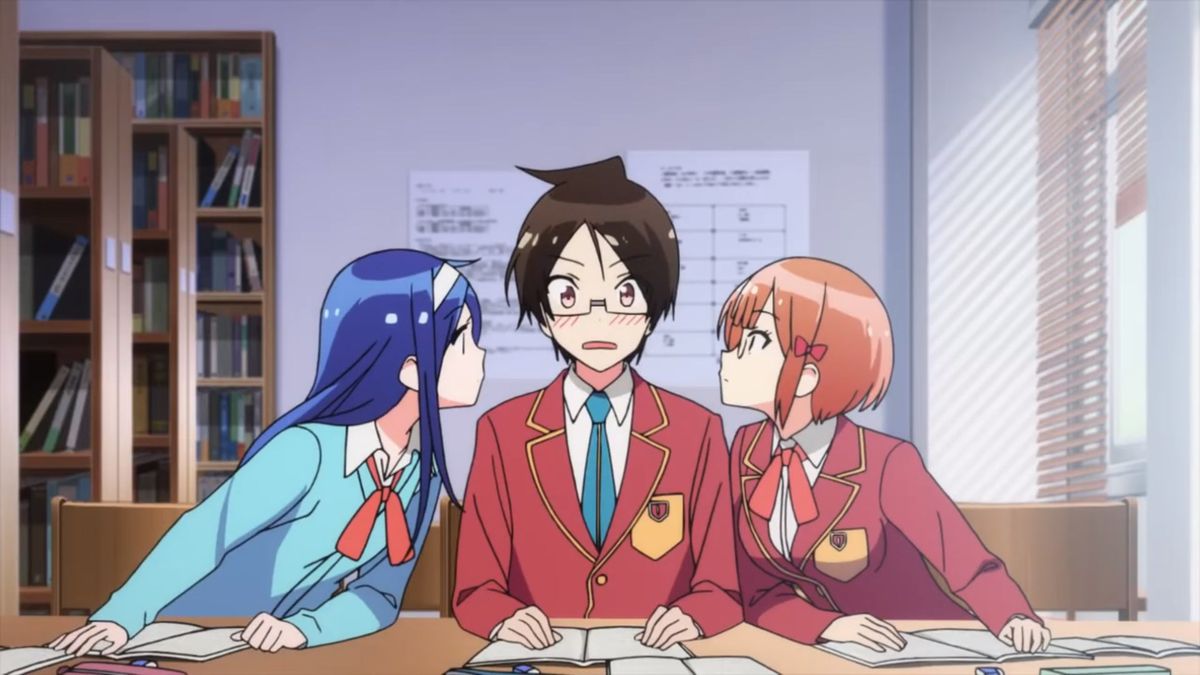
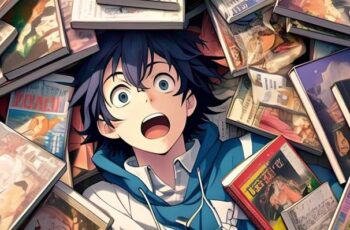
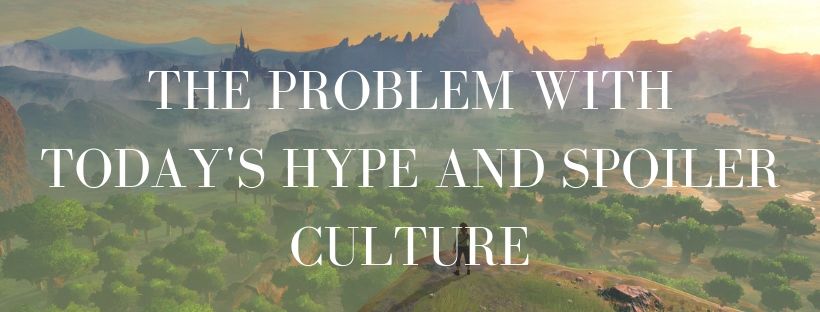
Didn’t watch all of these, but I agree with you on those series I recognize! I also prefer anime with philosophy rather than simple entertainment, though I’m far behind on modern anime (having watched mostly series from 80-90s). I loved Ghost in the Shell 1 and 2 (and pondered a lot about their meaning). Serial Experiments Lain was a short anime series from 1998 that really stunned me, and it also predicted many problems of modern internet. Anime by the late Satoshi Kon (most of which can be classified as psychological thrillers) also left a lasting impression.
I still haven’t seen Serial Experiments Lain. Anime isn’t afraid to delve into philosophy and other deep topics. Or delve into weird things!
Agree, though most of these thoughtful anime series are older ones. Since the end of 2000s, there was a kind of state intervention called “Cool Japan”, where studios were financially incentivized to make lighthearted anime and steer away from exploring dark sides of society or politics. Thankfully, great anime is still produced, but many anime from 2010 were just light entertainment, at least as I see it. There is a lot of detailed academic criticism of Cool Japan, so I won’t go into it here.
I agree, most anime are light entertainment, but to be fair, so is most television. Cool Japan is interesting. The program has been around in some form since the 1980s. It didn’t really take off until around 2002. While I’m certain it’s had some influence on the type of anime and other content produced (namely targeting foreign audiences), I suspect most of the lighter content we see comes from profit more than anything else. Deep, intellectual works don’t sell as well as lighter or edgier works do. Consider Game of Thrones as an example of how edgier works without a lot of substance sells. Cool Japan may have “dumbed down” stories because, well, Western public education is sorely lacking.